Today the Bank of Canada (BoC) raised its key lending rate by 0.5%, meaning most banks and consumer lenders will raise their prime rates by the same amount tomorrow. With most lenders, that means consumer prime rates will increase from 5.95% to 6.45%.
The prime rate increase will directly affect all borrowers with variable or adjustable rate mortgages and lines of credit. If you have one of these types of debt, you will receive a notification from your lender shortly advising you on the change to your interest rate and the new payment amounts.
What’s the impact for current variable rate mortgage clients?
An increase of 0.50% to prime will cause the typical adjustable rate mortgage monthly payment to increase by about $25-30 per $100,000 of debt. So if your mortgage balance is $400,000, you should expect your monthly payment amount to increase by about $100-120.
If your variable rate mortgage was set up a year or two ago with fixed payments and you have not hit a trigger point already, this prime rate increase will likely make that happen. See our previous post for more details on what happens when prime increases past your trigger point.
What’s the impact for new mortgage qualification?
If you’re hoping to purchase a new property or refinance your existing mortgage, this prime rate increase will reduce the maximum amount of mortgage for which you can qualify.
The average household income in Canada is roughly $85,000, and so for the average household this most recent prime rate increase will decrease their maximum purchase price by between $20,000-40,000 (depending on the type of mortgage, amount of down payment, etc).
What does 2023 hold for lending rates?
While we expected a rate increase today, economists were divided in their expectations that the increase would be 0.25% or 0.5%. By choosing the higher amount, the BoC is continuing to be aggressive in its fight against inflation.
However, the big news in this morning’s announcement is that the BoC changed its language regarding what we can expect at their future meetings. For the last 9 months, the BoC has been emphatically stating that further rate increases will be necessary. Today though, it indicated that it will continue to evaluate whether further increases are necessary. It’s a subtle distinction, but essentially the BoC is now communicating that it believes we may be at the top of the rate cycle and it will be much more cautious moving forward.
The signs of a coming economic slowdown continue to grow (for both Canada and the global economy), and in light of those headwinds most economists expect the BoC to mostly hold rates steady for 2023 until inflation falls back to an acceptable level, and then begin cutting gradually over 2024 to prevent our economy from falling into a deep recession.
I have a variable rate mortgage. What should I do?
If the increasing interest rate of your variable mortgage has you worried, here are your options to consider:
- Stick with the variable – we will likely see prime begin to fall in 2024, and while it probably won’t go back to the historic lows we’ve seen in the last 2 years, we could see rates fall back by 1%-2% as the BoC tries to fight off a deep recession once inflation is under control.
- Lock into a short term fixed rate (1 to 3 year) – this will result in higher interest and higher payments over the short term, but will give you security and predictability for budgeting over the next few years. The plan would be that at renewal rates will be much lower and you can secure a better rate for your next mortgage term.
- Refinance to consolidate all of your debt – if your mortgage payment is only one of many debt payments you have to make each month, we might be able to consolidate all your debt into a mortgage with a monthly payment that is lower than the sum of all your existing debt payments.
- Refinance your debt to a Home Equity Line of Credit – if your mortgage is less than 65% of your property value, you might qualify for a HELOC which would only require Interest payments (no principal). This would reduce your monthly payments for now, and you would look to convert back to a mortgage in a few years once rates have come down.
As always, before you make any decisions about changing your mortgage please book your free, no obligation mortgage consultation today to discuss your plan and make sure it’s the right move for your financial needs and goals!



